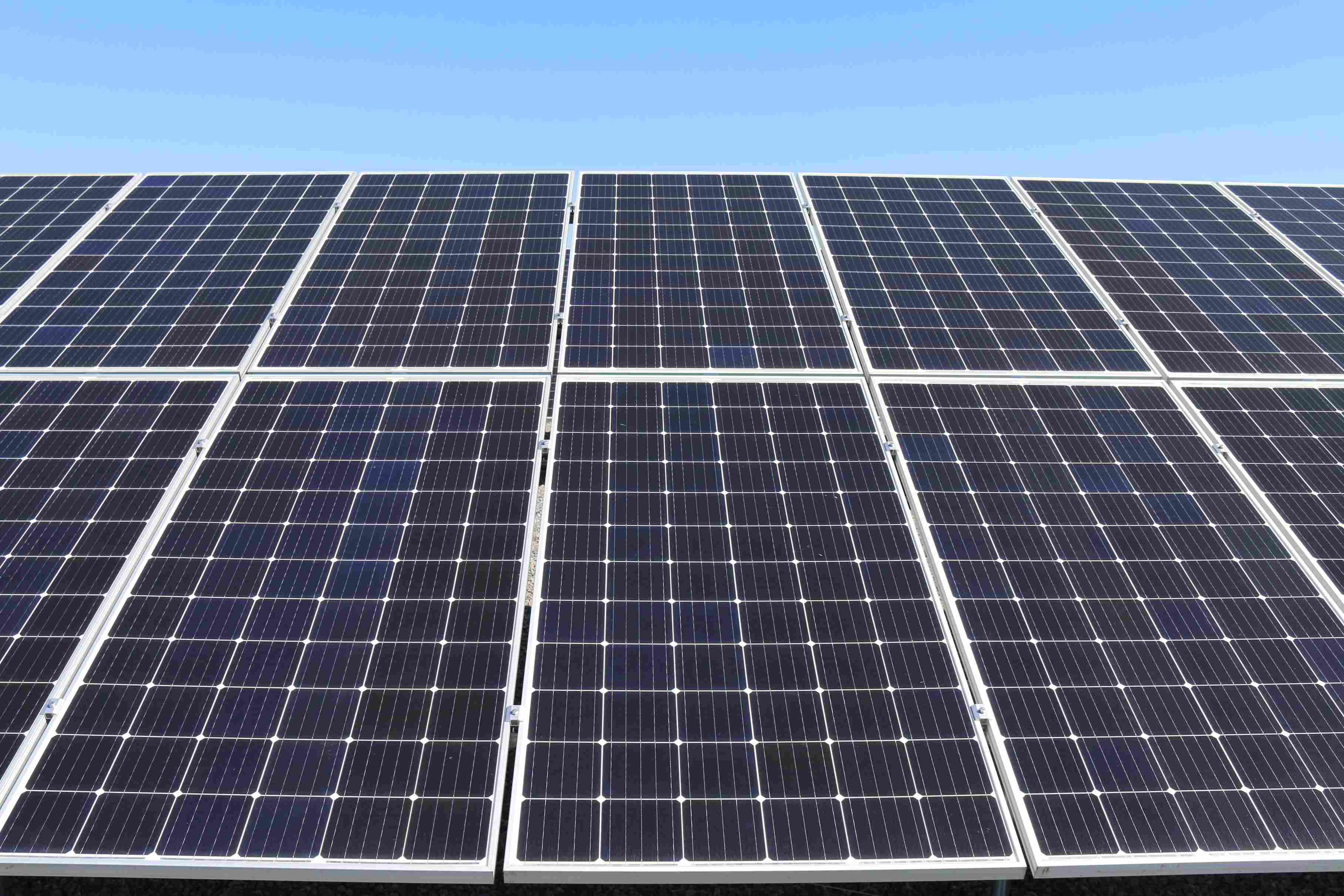
Project: Solar-powered digitization of health posts
Country & region/location: Rwanda, across several districts
Category: Energy & Health
Rural health posts are critical to achieving Rwanda's mission of equitable universal healthcare access. SAND has developed a smart digital platform to improve its operation and management, requiring reliable energy access to function. Despite Rwanda's progress in this area, hundreds of their planned health posts are in off-grid areas, and even those connected suffer frequent outages, impacting service delivery and affecting their impact. Solar systems also require maintenance and support, which can be costly, so other ways of boosting health post incomes to cover this cost are important. Finally, transport options in these areas are also poor, which disproportionally affects the most vulnerable and least able people, reducing their access to healthcare.
The MeshPower project will electrify thirty second-generation health posts and trial three new electric trike ambulances. In addition, the health posts will be outfitted with smart internet access platforms, through which they can sell internet access to boost their revenues. The solar systems will allow SAND's Rural Health Operating System to function smoothly, improving patient service delivery, monitoring, and reporting and thereby improving the country's responsiveness to outbreaks and health emergencies. The system will also provide power for vaccine fridges, maternity care, including infant warmers, and much more.
MeshPower partner – SAND - will deploy Starlink internet routers at each location as reliable internet is key for their digitization and support model. MeshPower will add Mikrotik routers and their internet access platform to this to enable the health post operators to monetize their unlimited data internet connections. Customers will create accounts and buy internet bundles, allowing them to log into the WIFI hotspot and use the internet.
The electric trikes are converted from discarded internal combustion trikes, and converted to be fully electric and largely powered by solar. They will enable health posts where they are posted to provide better support for the more vulnerable members of the community and improve responsiveness to emergencies, all in a sustainable manner.
Expected results:
- 30 health posts electrified with reliable power for essential services like vaccine refrigeration, maternal care, and other healthcare services
- 3 solar-powered ambulances (retrofitted discarded trikes) deployed to key health posts, enhancing emergency response and providing transport for vulnerable residents
- 30 health posts with access to internet and the capacity to sell internet services to the community
- The health posts run the SANDS Rural Health Operating System (RHOS), a digital platform that streamlines health post operations and links them to a centralized management platform
- Improved access to clean, renewable, and reliable energy in health facilities
- Improved healthcare services and access to treatment for the most vulnerable people in the communities
- Improved health posts financial sustainability
- Increase geographical access to treatment
- Improving service delivery to patients, as well as monitoring and reporting, improving the country's responsiveness to outbreaks and health emergencies


